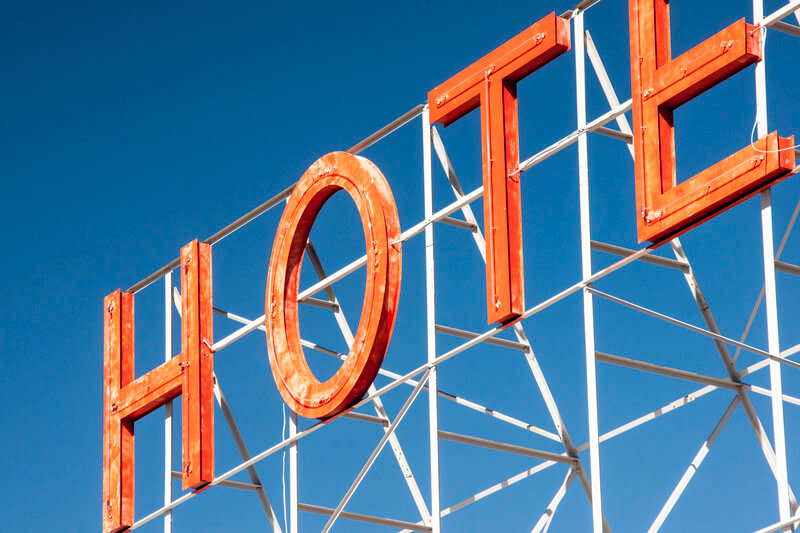
5 factors to consider when refurbishing your hotel
[column width=”1/1″ last=”true” title=”” title_type=”single” animation=”none” implicit=”true”]
Long gone are the days when hotel guests expected simply hygiene & cleanliness… Nowadays if you wish to attract guests and retain them to your brand, you need to offer high-class service, sophisticated design, and a wealth of innovative technology. Small wonder, UK hotels increased their refurbishment spending by as much as 57% in the past year. The refurbishment is now seen as an investment… Of course, given it is well though-out, professional, and carried out at the right time.
So how can you know you’re doing it right? Below we’re presenting 5 factors to consider when refurbishing your hotel.
- Know when to refurbish
While some experts advise a hotel should be renovated every 5-7 years or so, we believe the best way to find out when to refurbish the hotel is to listen to your clients! The moment your property starts looking a bit tired and mundane, your clients will ‘tell’ you all about it. Unfortunately, they will typically do so by posting a negative review on TripAdvisor or other trusted website. It can have a huge impact on your business revenue, so it’s important you refurbish your hotel before your guests tell the world how bad it is.
- Refurbishment or upgrade?
The next question you should ask yourself is whether to carry out a refurbishment or go for an upgrade. The first one is for keeping your hotel in a great condition and up to date with the latest design and technology trends. The latter one is about offering more than other hotels in the area. If you feel that in order to remain attractive to your guests (or to attract a different market and increase the revenue!) you may need to upgrade your hotel with massage bathtubs, bigger TVs, or state-of-the-art mattresses – don’t hesitate to invest!
- Refurbishment that makes a difference
It’s impractical to renovate your hotel whenever there is a new trend. Instead, you need to consider whether your property could still keep attracting new clients without being refurbished or not. Keep your eyes open and the moment your bookings start plummeting, ask yourself why… No one wants to stay in a dingy hotel that was updated ages ago!
- Spend your budget wisely
Don’t spend the whole budget on one area, e.g., breakfast bar, trying to make it as modern and technologically advanced as possible – some extravagant upgrades may be cool, but they are totally unnecessary. Don’t go to another extreme, either! Don’t try to stretch to everything. Introducing small and insignificant changes across the entire hotel will still cost you money, but the questionable upgrade will go unnoticed. Try to prioritise and decide which area(s) need refurbishment first and which ones can wait. See what you can get for the money you have (don’t forget to get a few quotes from different contractors!), and go for the option that offers functionality and comfort, not a temporary fix.
- Don’t let if affect occupancy
We’re afraid that every renovation project – even the smoothest one – at one point or another will cause disturbance to your clients and/or neighbours, which can lead to all sorts of complaints. If possible plan the refurbishment in low season, when you expect fewer guests. Even then, make sure that neither too few nor too many areas are under renovation at any one time. Keep the refurbishment zone and guest areas separate and never allow contractors in guest zones or guests in refurbishment zones.
Refurbishing a hotel can be challenging! It requires a lot of careful planning, efficient project management, and a team of professionals who are prepared for the unexpected. If you are thinking of giving your hotel a new lease of life and looking for a specialist refurbishment company, give us a shout – we will be happy to help!
[/column]
